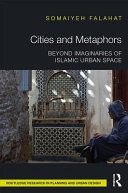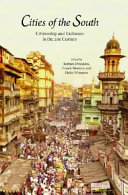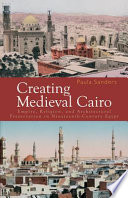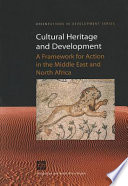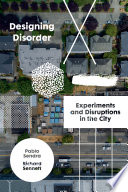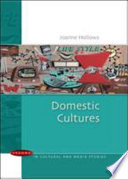Culture And Creativity For The Future Cities
Theory, Practices And Methodologies From African, Asian And Latin American Countries

Overview
Although the mainstream understanding of sustainable development has focused particularly on economic, social and environmental dimensions, an increasing number of academics, organisations and cultural industry leaders have stressed the essential role of cultural aspects. Policy approaches emphasising the importance of culture for sustainable development support the role of cultural rights, a dynamic notion of culture, the interconnectedness of economic, social, environmental and cultural factors and the value of core aspects of culture (e.g., heritage, diversity, creativity). Applying this at urban and local level becomes important because of the increasing 'localisation' of development goals, as outlined in the SDGs and the New Urban Agenda. Cities operate as 'laboratories' in addressing emerging challenges, the effective role of local governments and their associations, and mobilise all local stakeholders in connecting culture with sustainable development. This compilation of a theoretical study on the contribution of culture to sustainable urban development, with best practices and methodologies, illustrates some of the latest priorities put forward by the European Union. It targets cultural stakeholders, local authorities, urban activists and subsidising bodies interested in developing and supporting holistic, people-centred and sustainable urban development approaches based on culture and the creative sectors, in the regional contexts of Africa, Asia, and Latin America.


















